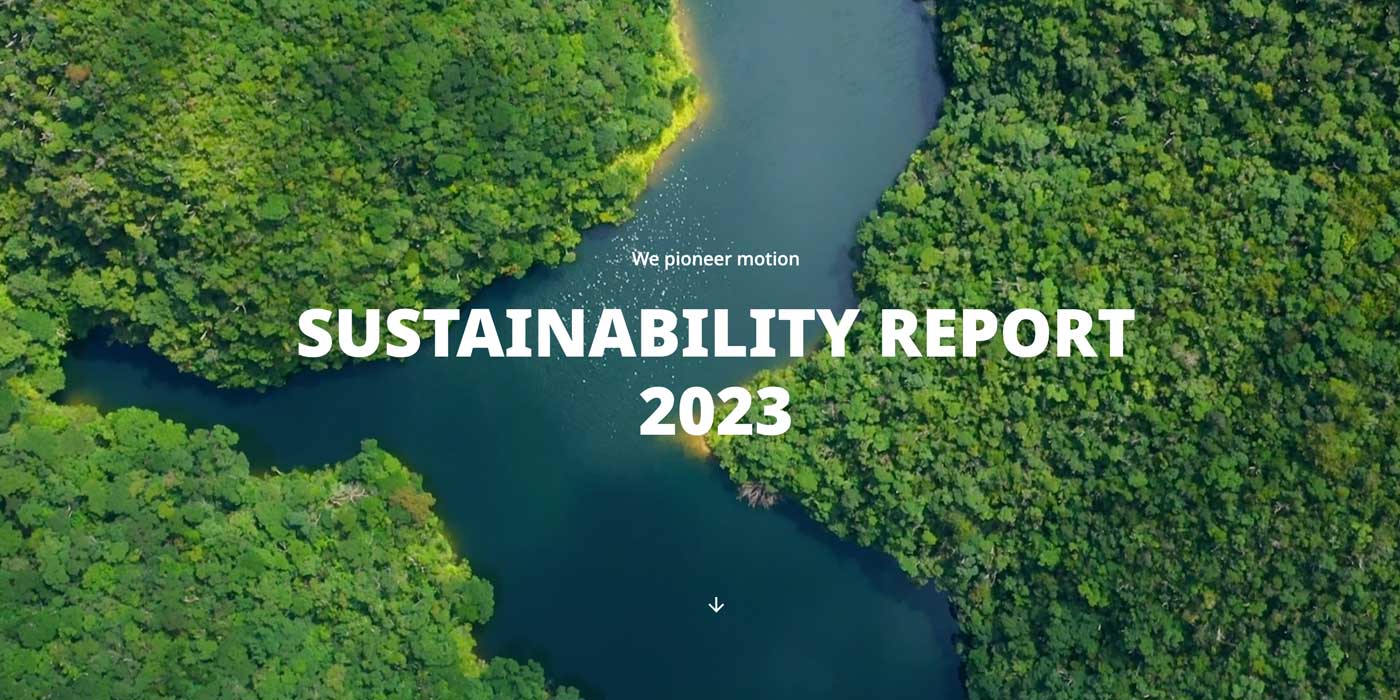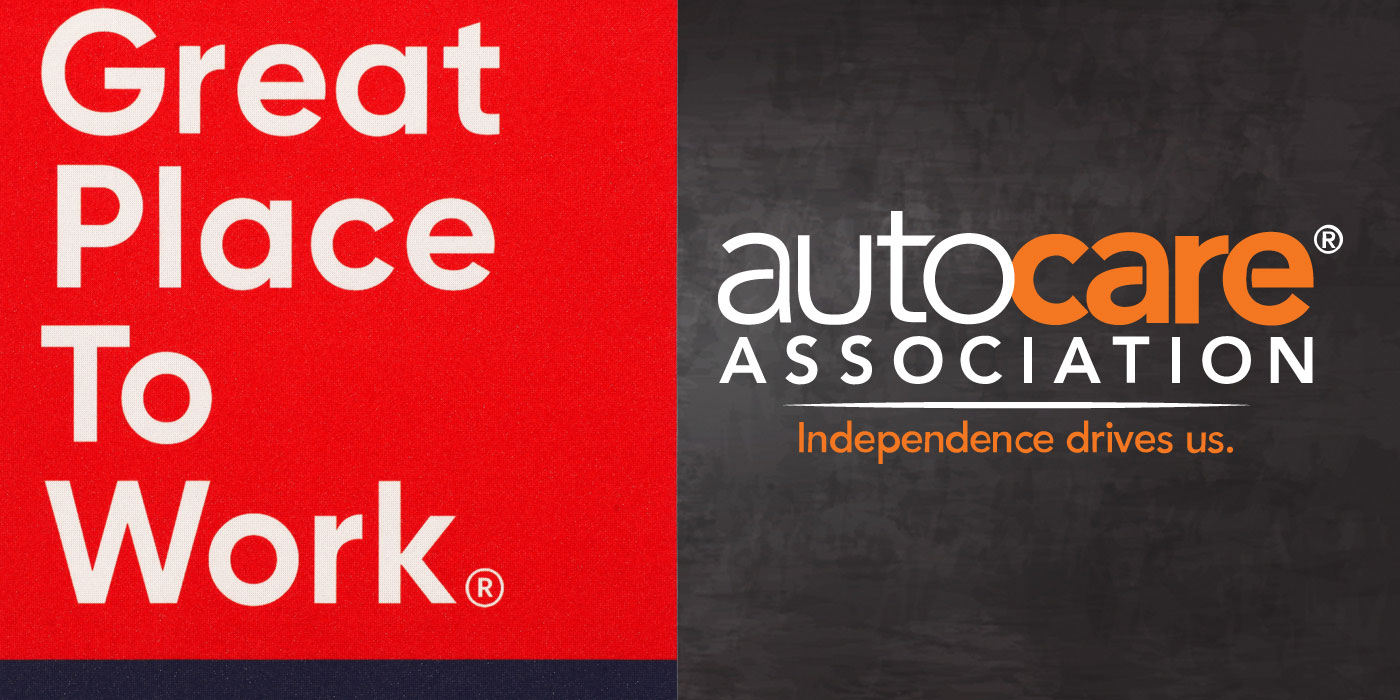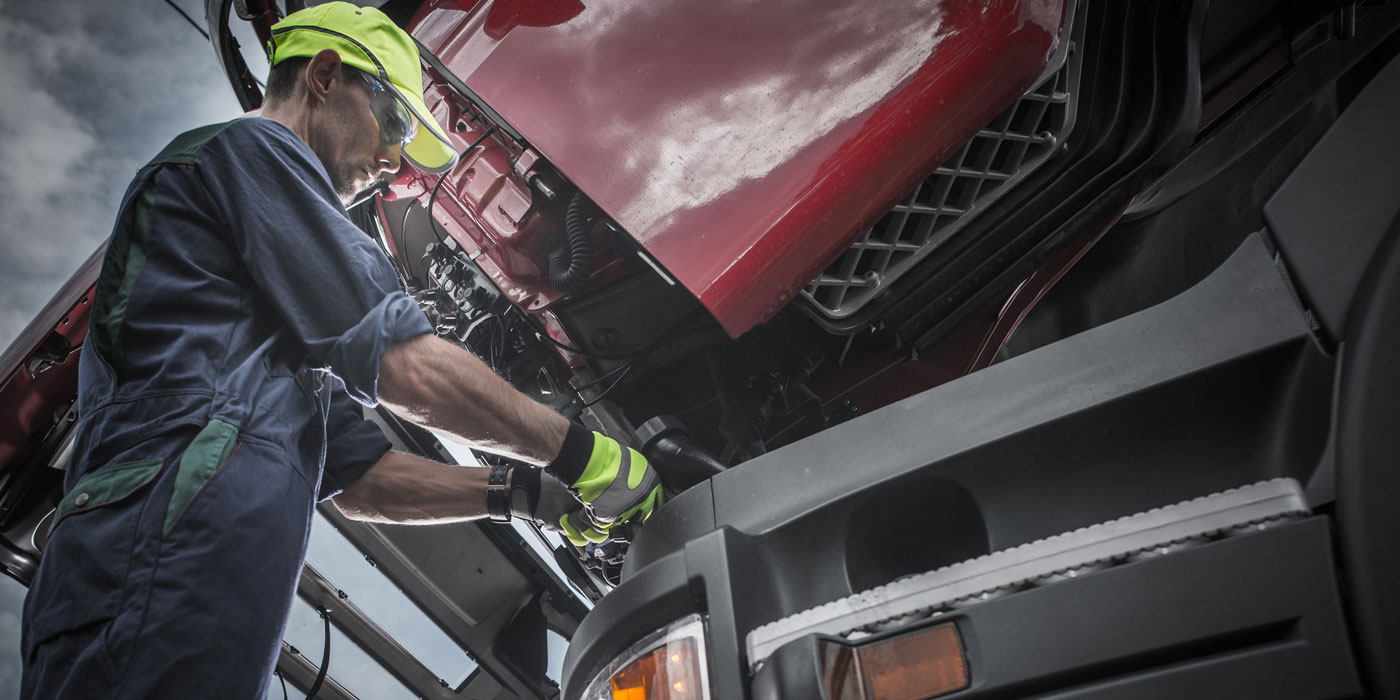I’m the last person in the world to minimize the power of words. They have been a recurring theme in my life since I was a small child and shared a single bedroom with my two younger brothers. Back then, the words came together in stories about distant worlds and unusual, if not unlikely, superheroes. And my brothers wouldn’t sleep until they were quite satisfied there were no more words left to share.
The words continued to come in high school and college and then stopped for more than 20 years, displaced by a new love, the world we share: The wonderful world of broken cars and broken people. And then suddenly, in the summer of 1984, they came again just as I was ready to walk away from both. They have been an integral part of my life ever since I discovered there were still stories to tell with a new voice that has ultimately led me here.
Over the years, I have developed a profound respect for words and the images they create. They have a mystical, magical power few of us ever fully comprehend.
I try very hard to use these words wisely, recognizing the profound responsibility that accompanies the opportunity I have been given. They are, after all, the foundation upon which our realities are built: They define our existence.
Unfortunately, not everyone shares this profound respect. At times, people say things without realizing just how much power the words they use can have. They fail to realize that while the “right” words can elevate and inspire us, expanding our worlds, the “wrong” words can cause great pain and hold us hostage. The wrong words can constrict our vision, limiting our ability to experience the world as it is or, perhaps more important, as it could be. They can hurt us, or the people we care most about — if, or when, they are not used wisely or carefully.
As I came to understand just how powerful these words we use so often and so easily can be, I began to realize there are times when the words take on a life of their own, when they decide what must be said and how, when they take control. This is one of those times, a time where what I wanted to write about this evening will have to wait its turn until I’ve said what I need to say. And what needs to be said is inextricably tied to someone else’s words.
For more than 20 years, my wife and I have shared a large part of our lives with the same group of eight couples. We have gone through good times and bad together, experiencing all of life’s surprises. They are what my father liked to call “Three O’clock in the Morning Friends,” people you can call at any hour of the day or night, whose only response would be, “Where are you?” or “I’ll be right over.”
We are an eclectic group: three aerospace engineers, a theoretical physicist and mathematician, an accountant, a pharmacist, a retired printer and me.
I feel better knowing that I can depend on them and hope they feel the same way about me.
We got together the other night, as we often do, for a movie and dessert afterward. Each of us arrived at the coffee shop separately, but we all left together. A few weeks earlier, I did something I’ve never done before. I scratched a “midlife crisis” itch by purchasing a new, albeit slightly used, “toy.”
After “building” and then driving my 1981 C3 Corvette over the past couple of years, I discovered some-thing I hadn’t really prepared for. Much to my surprise, I found that I loved everything about the car. Well, almost everything. No matter what I peaked or tweaked, modified or added, there was always something that just didn’t feel right, something I could never quite put my finger on.
When I mentioned that to an old friend the other day — a “Boomer Geezer” just like me — he smiled and replied rather matter-of-factly, “It isn’t a convertible — Tod and Buz (Martin Milner and George Maharis, the stars of TV’s ‘Route 66’) drove a convertible. Yours isn’t. It’s a T-top, and that’s not the same thing!”
So, after putting two kids through college and working three or four careers for more than 20 years, I did the only thing that made any sense to me at that particular moment. I went out and purchased an almost new C6 convertible and discovered that somewhere buried deep in my subconscious was the hidden need to fulfill a 13-year-old kid’s fantasy.
The new Corvette was in the parking lot when we left the restaurant. It was the first time any of our friends had heard about it or seen it. Two nights later, I received a call from one of my friends who couldn’t wait to share something he had just read.
It went something like this: “Never trust a mechanic who drives a new car…It means that either he doesn’t have the skill or the ability to keep an old car running or he charges too much for what he’s doing.”
Words…
I had just finished the last edit on my “Going Up!” column when the call came. The reality of not charging enough and the seeming reality of the motoring public’s continued unwillingness to pay enough was still very fresh in my mind. I hadn’t yet received the gut-wrenching emails that have subsequently followed, emails from professionals who have left the industry — or are about to — because they could or can no longer survive on what this industry is able to provide. Nor had I come to terms with what all this has meant in my own life.
I bit my lower lip and tried desperately to remain cordial as I hung up the phone with my friend. But, a number of the words in that quote kept bouncing around in my head: “too much money…,” “not enough skill and ability to keep an old car running…,” “Never trust…”
Words…
Words that pinched and poked, prodded and cut. Words that left you bleeding.
Forty-two years of frustration, resentment and anger bubbled to the surface. What the hell does this guy know about our world, my world? Where the hell was he when you and I were eating cold pizza and drinking warm beer, trying to stay awake, trying to remain engaged, after twisting wrenches for 10 or 12 hours? Where was he when we were trying to absorb anything we could about electronic ignition, computerized engine management, ABS or active suspension? Where was he when we were staying late or coming in early to get a customer’s car finished? How many of his son’s soccer games or his daughter’s ballet recitals did he miss? How many hours did he dedicate to staying current in his field and exactly how much technological change has he had to deal with over the past 40 years?
Words are more than the sounds we make or squiggles on a page. They are the tools we use to capture and create reality. They allow us to communicate concepts and ideas, thoughts and feelings. They are the structure and foundation of our ability to interact with one another. They define our existence: who we are, who we might become and how we perceive the world around us. They can set us free or they can hold us captive. And at that particular moment, they were exploding in my head like fireworks on the Fourth of July.
The words my friend shared with me are links in a chain of self-doubt that holds us prisoner to this very day. They reinforce the notion that we are somehow less than we are, somewhat less than what we could be. They paint us into the portrait of an industry that has long since passed, an industry that no longer exists.
As individuals, we have spent more on tools, training and equipment than any other skilled trade or profession I can think of. We have mastered technologies that defied imagination a quarter century ago, and live in a world in which science fiction has become science fact. We work on vehicles that cost more than 10 times what they cost when I first entered this industry, an industry that is both indispensable and unrecognizable, an industry that is essential to the freedom and mobility of the people we serve.
And, yet a “good mechanic” isn’t “good” unless he of she drives an old beater?
A “good mechanic” charges too much if he or she can afford to drive a vehicle as new or as good as those his or her customers are driving?
A “good mechanic” isn’t skillful unless he or she is driving the wreck he or she has resurrected?
Who says?
If words can hold us prisoner, words can set us free. Words like competent, confident, disciplined, determined, proficient, productive, professional, expert and experienced. If we choose our words wisely and carefully, we can paint the picture of an industry very different from the one we know. We can show an industry in which excellence and effort are rewarded; an industry in which we are compensated commensurate with our skill, training and ability; an industry that is ours to define and ours to deliver, complete with the rewards we deserve, complete with the rewards we demand.
But nothing is likely to happen and nothing is likely to change until you and I start using a new and different vocabulary. Nothing is going to change until we create a new definition of what it means to be “a good mechanic,” a repair professional. We need a better definition, a definition that includes realistic compensation and the same perks and benefits every other group of skilled professionals across the country enjoys. A vocabulary that helps us understand that loving what you do doesn’t have to mean suffering or starving. A vocabulary that doesn’t prevent us from being rewarded for doing it well, either. A vocabulary that can and will put you behind the wheel of something you love to drive, not something you have to drive.
Never take your car to a mechanic who drives a new car?
Baloney!
The public perception of our industry is outdated and inaccurate. It doesn’t reflect the skill and ability it takes to succeed in this industry. It doesn’t reflect the dedication and discipline required to survive. But change isn’t likely to occur on its own. In fact, nothing is likely to change until you and I change it!
Who says? I say! And so should you!







